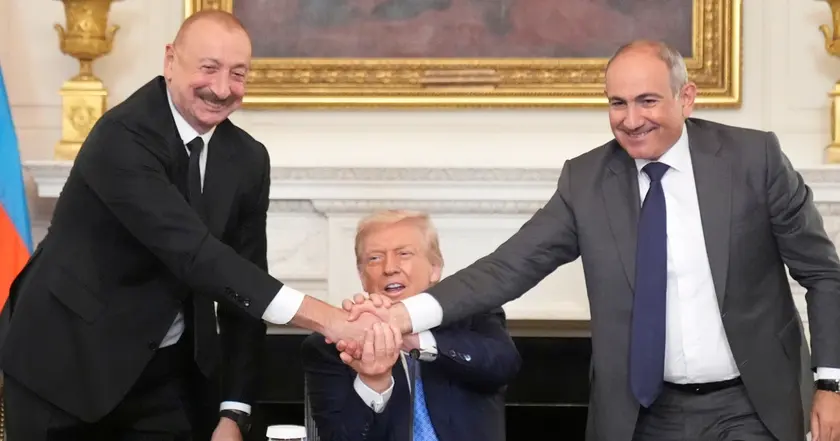T4K3.news
Caucasus peace talks face key hurdles
A US brokered pact between Armenia and Azerbaijan aims to reshape the region but awaits a concrete path and faces pushback from Moscow and Tehran.

A US brokered peace pledge between Armenia and Azerbaijan aims to ease regional tensions but faces pushback from Russia and Iran and includes an uncertain, American managed transit idea.
US Mediates Caucasus Move Triggers Pushback From Moscow and Tehran
The August 8 Joint Declaration, signed at the White House by Armenian Prime Minister Nikol Pashinyan and Azerbaijani President Ilham Aliyev, is described as a step toward lasting talks rather than a final peace treaty. The document points to a hoped for American managed transit corridor between Azerbaijan and its Nakhchivan exclave, but it offers no schedule or concrete operational details. Analysts say the declaration signals a shift in the region, with the United States taking a more active role, yet the terms remain non binding and the path ahead is unclear.
Russia and Iran have signaled strong opposition to greater US influence in the South Caucasus. Armenian domestic politics add another layer of uncertainty, as polls show only a portion of Armenians support the direction of talks. The corridor concept, labeled TRIPP, hinges on a political and logistical test that could determine whether Washington can sustain momentum or be forced into retreat by regional powers. Many questions linger about sovereignty, security guarantees, and how any final agreement would be ratified or enforced.
Key Takeaways
"This summit was a step forward in the peace process, but the agreements reached leave a lot of questions unanswered."
Crisis Group analyst Joshua Kucera
"If Trump is looking for an easy peacemaking win, he’s not there yet in the South Caucasus."
Crisis Group analyst Joshua Kucera
"This changes the entire strategic situation throughout the entire South Caucasus."
Russian political scientist Sergei Markov
"NATO wants to lie between Iran and Russia like a viper, but Iran will not permit it."
Ali Akbar Velayati quoted by Tasnim
From a distance, the move reads as a gamble on diplomacy over pressure. Washington appears willing to bankroll a new framework, but Moscow and Tehran are not persuaded that their interests will bend easily. The corridor idea turns diplomacy into a logistics test, raising the stakes for both sides and inviting domestic scrutiny in Armenia about external influence. If the plan falters, it could deepen mistrust in the region and complicate future negotiations over Nagorno Karabakh.
Armenia faces a political tightrope. Supporting a US led path could unlock economic diversification and foreign partners, but it risks fueling domestic backlash if people fear loss of sovereignty or if the peace process stalls amid regional rivalries. The coming weeks will reveal whether this is a genuine opening or a carefully managed impression intended to shape incentives and keep external pressure on both sides.
Highlights
- The Joint Declaration is a pledge to keep talking, not a treaty.
- TRIPP tests Washington's influence rather than delivering instant stability.
- This move reshapes the regional map but leaves key questions unanswered.
- Domestic politics in Armenia will decide whether the plan moves forward.
Geopolitical risk in US brokered peace in Caucasus
Russia and Iran oppose greater US influence, and Armenia faces domestic political pressure; the plan hinges on an unbound agenda and uncertain timelines, increasing risk of backlash or stalling.
Diplomacy has momentum, but power dynamics remain the real test.
Enjoyed this? Let your friends know!
Related News
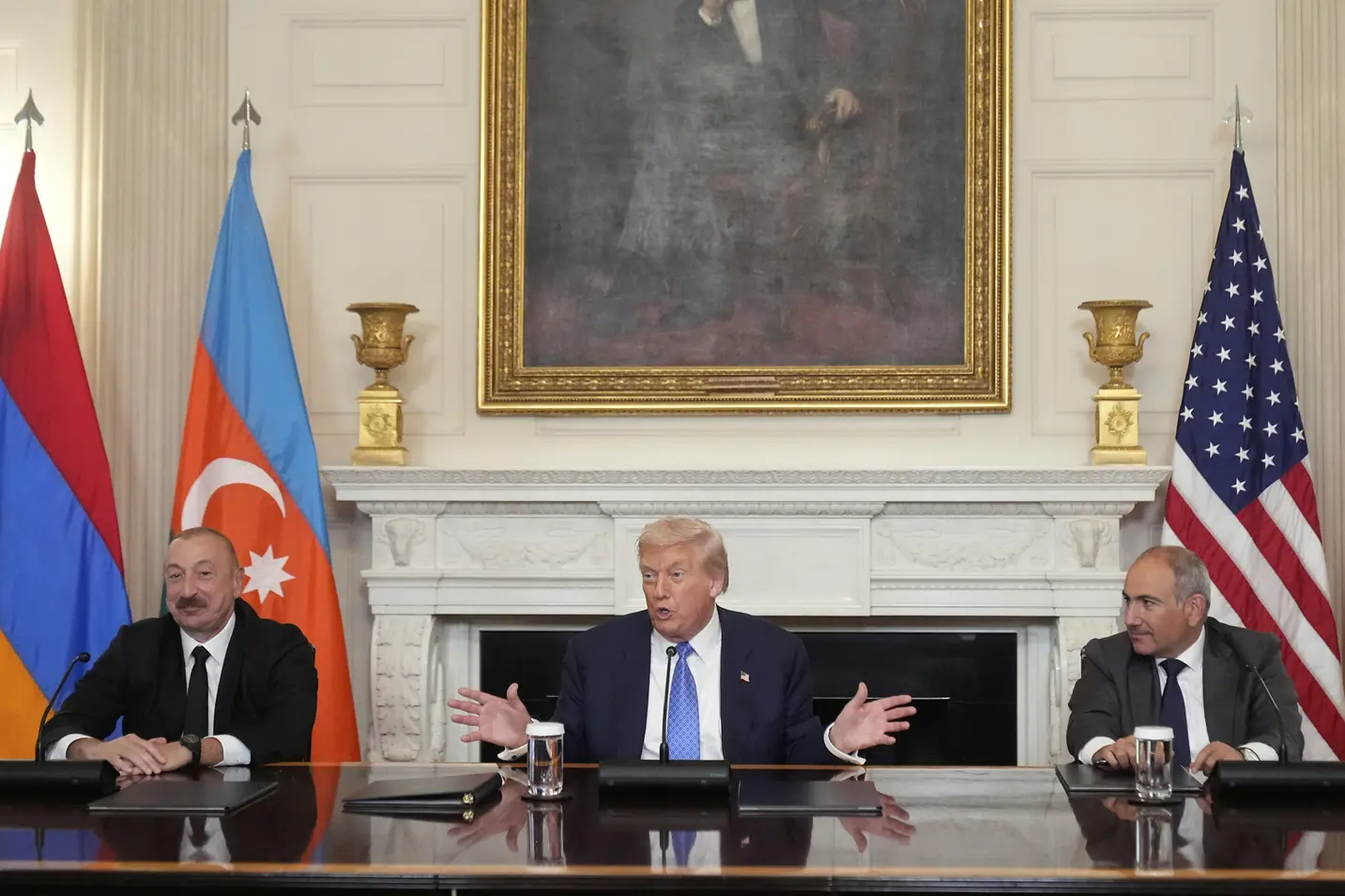
Iran threatens Trump corridor in peace deal
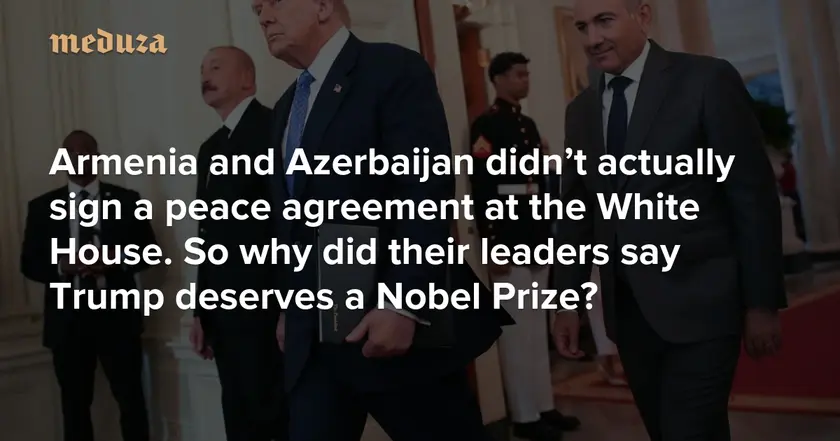
Armenia Azerbaijan Summit Ends Without Signed Peace
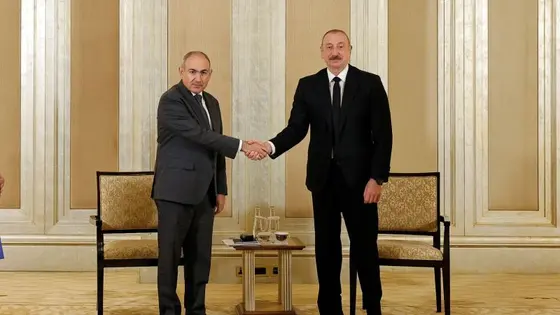
Trump pushes Armenia and Azerbaijan peace pact with US transit corridor
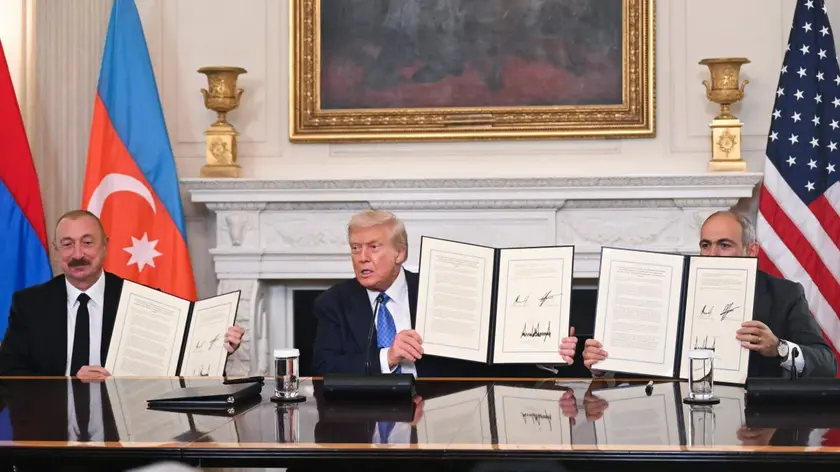
Armenia signals new chance for Türkiye ties
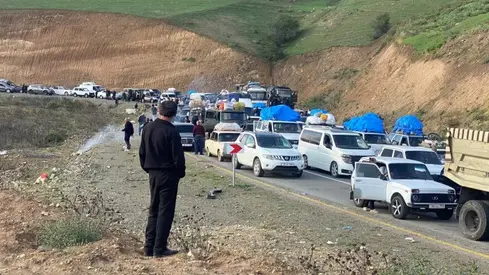
Trump Route linked to Caucasus peace talks
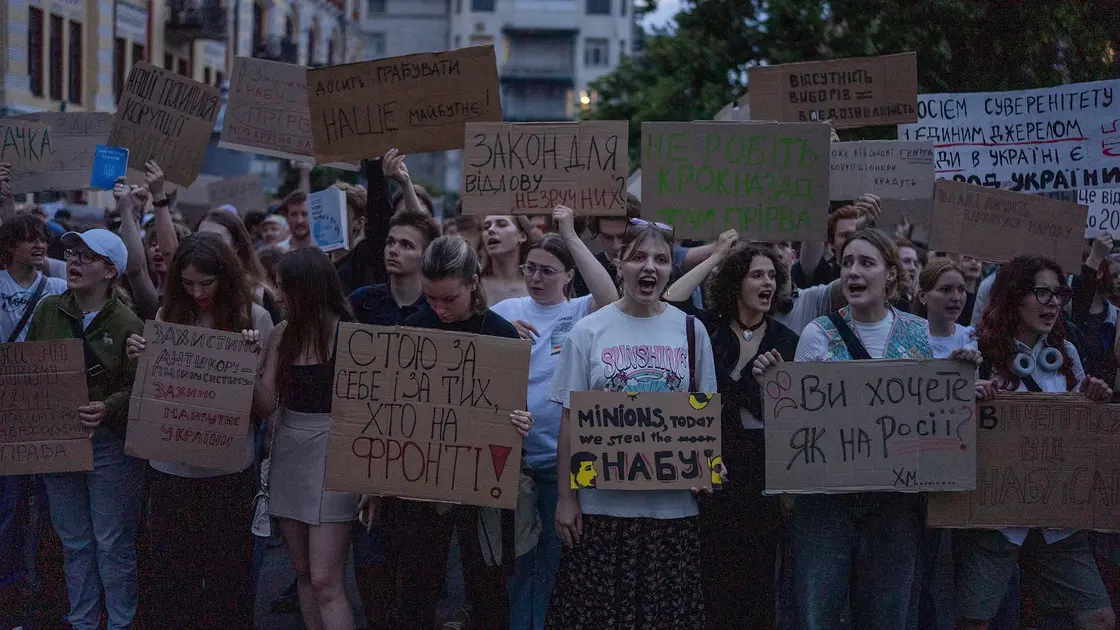
Zelenskyy faces protests over new anti-corruption bill
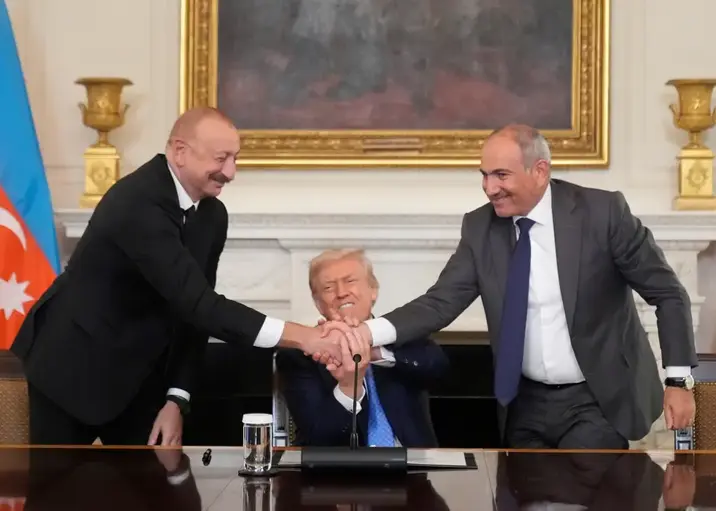
US links transit route to leverage in Caucasus
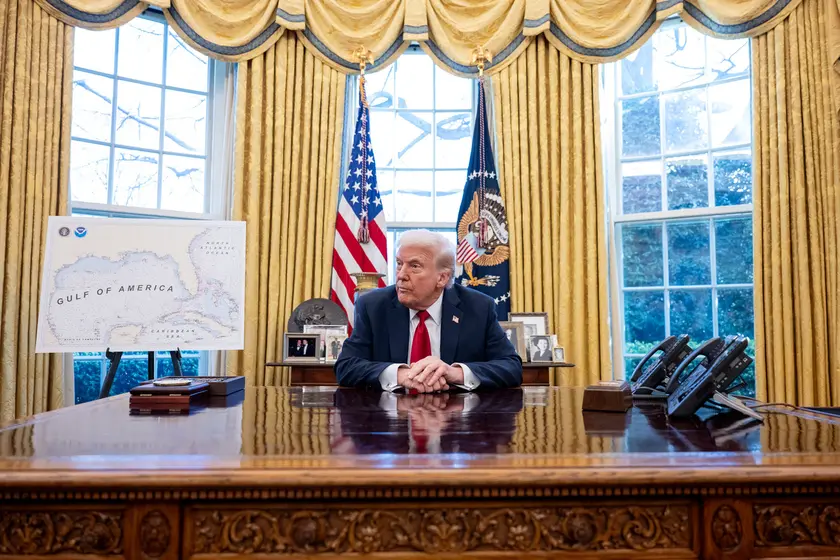
Historic Peace Summit Held for Armenia and Azerbaijan
